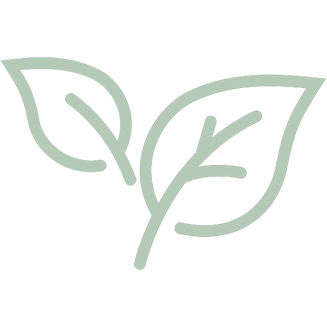Welcome to 2022
Welcome to our first blog for 2022. At the beginning of the year we welcome new children, continuing children transition into new houses and educators transition into new houses. The focus of our learning programs is to support belonging and wellbeing as we experience shared change. The main way that we do this is through nurturing new relationships and strengthening continuing relationships. Relationships are at the heart of what we do. The Early Years Learning Framework tells us that, “Educators who are attuned to children’s thoughts and feelings, support the development of a strong sense of wellbeing…. Through a widening network of secure relationships, children develop confidence and feel respected and valued.” Attuning to children’s thoughts and feelings requires educators to stay present, move slowly, listen carefully, act consistently and reflect deeply. While experiencing transitions it is common for children to experience big emotions. One of the ways that educators support children when they experience emotion is through a process called ‘emotion coaching.’ You can use this with your child too. This involves: Emotional awareness. Being aware of your own emotions and the child’s emotions. Inviting connection and offering support. We understand that different children have different ways of being, doing and needing… some children need a cuddle while other children may need space. The important thing is that children know we are available to support them and respect their agency. Listening carefully. Naming emotions. When ready, finding solutions together. You can use this process too. If your child isRead more
